Invited Speakers
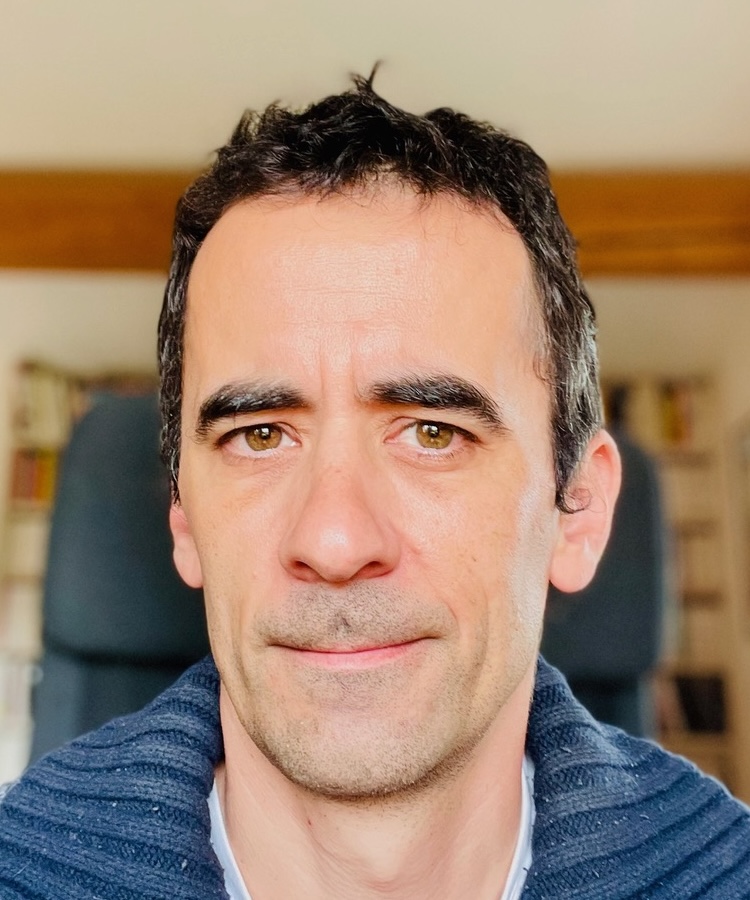
Sylvain Deville
Université Claude Bernard Lyon 1
Dr. Sylvain Deville is a materials scientist freezing pretty much anything he can get his hands on, and see how it applies to domains beyond materials science. He is interested in particular in understanding the interaction of objects (particle, droplets, bubbles, cells) and growing ice crystals, their dynamics, and the fate of the objects in different freezing contexts, from geophysics to cryopreservation.
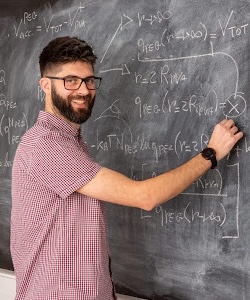
Gabriele Sosso
Warwick University
Prof. Gabriele C. Sosso is a computational scientist specializing in the physical chemistry of condensed matter, particularly supercooled liquids and biological interfaces. He leads the DImEnsION group, which focuses on molecular simulations of disordered systems and phase transitions. His research seeks to elucidate the functional properties and phase transitions of complex systems, using computer simulations to complement and guide experimental efforts. His work spans a broad range, from molecular glasses to cellular membranes, with a strong emphasis on collaborative and multidisciplinary approaches.
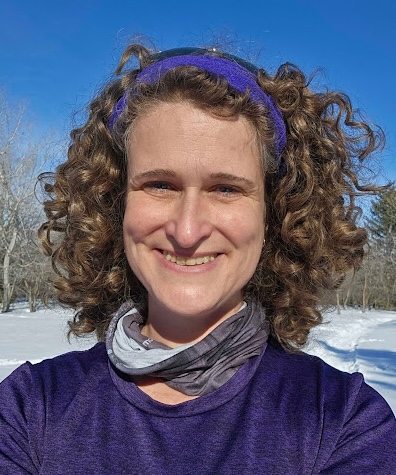
Tara Kahan
University of Saskatchewan
Prof. Tara Kahan obtained a B.Sc. in chemistry from the University of Regina and a PhD in environmental chemistry from the University of Toronto. Following postdoctoral fellowships at the University of California Irvine and the University of Colorado Boulder, Tara joined the chemistry department at Syracuse University as an assistant professor in 2012, and she is now a professor and Canada Research Chair in Environmental Analytical Chemistry in the Department of Chemistry at the University of Saskatchewan. Tara studies chemistry in complex atmospheric matrices including ice, particulate matter, and indoor air.
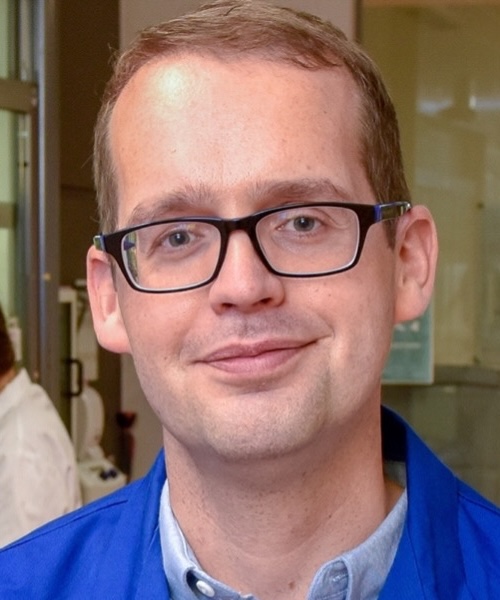
Matthew Gibson
University of Manchester
Prof. Matt Gibson holds a Chair in Sustainable Biomaterials at the University of Manchester, UK. His multidisciplinary research group focusses on developing new materials to address challenges in Biotechnology and Healthcare with a particular focus on cryobiology. Matt was a Royal Society Industry Fellow with Cytiva (2019-2023), holds an ERC Consolidator Grant, and is co-founder of the biotech spin-out Cryologyx Ltd. Matt has been awarded several prizes including the McBain, Dextra and MacroGroup Young Researcher’s medals as well prizes from the American Chemical Society, and an RSC Horizon Prize for ‘Team Ice’.
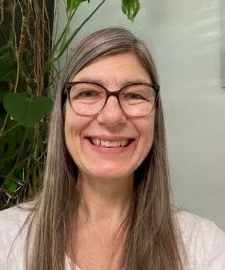
Claudia Marcolli
ETH Zürich
Dr. Claudia Marcolli works as a lecturer in the Atmospheric Physics group of Prof. Ulrike Lohmann at ETH Zurich. Her research concentrates on cloud formation and aerosol properties. She contributed to the understanding of the physical state of mixed organic-inorganic aerosol particles and elucidated the role of pores for cirrus cloud nucleation.
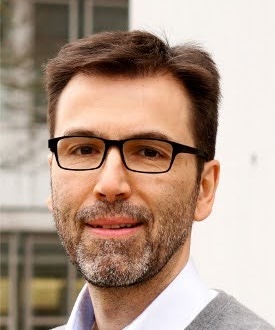
Thomas Koop
Bielefeld University
Prof. Thomas Koop is a professor of Atmospheric and Physical Chemistry in the Faculty of Chemistry at Bielefeld University, Germany. His research focuses on properties and processes of atmospheric aerosols and clouds, employing both laboratory experiments and theoretical models. He has made contributions particularly to the fields of ice nucleation and growth as well as the formation and properties of amorphous solids.
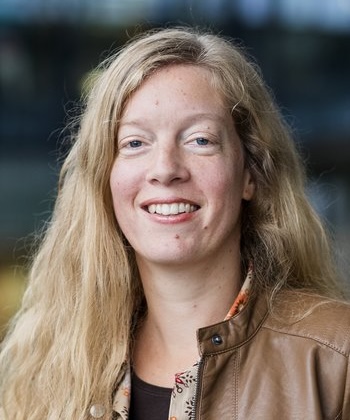
Ilja Voets
Eindhoven University of Technology
Prof. Ilja Voets is Professor in Self-Organizing Soft Matter. Her group studies self-organized and bioinspired soft matter aiming to gain fundamental insights to translate into rational design strategies for novel functional materials. Her research on soft matter nanoscopy and ice-interactive materials such as ice-binding proteins led to a series of major breakthroughs including the first single-molecule tracking experiments of ice-bound IBPs and computationally designed IBPs.
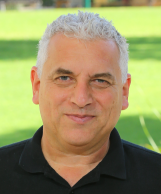
Ido Braslavsky
Hebrew University of Jerusalem
Prof. Ido Braslavsky is a professor in the Faculty of Agriculture, Food, and Environment of the Hebrew University of Jerusalem. He is a biophysicist with expertise in ice-binding proteins, ice physics, cryopreservation, and food science. His research focuses on developing innovative methods to study ice-binding proteins and their interactions with ice, using techniques such as fluorescence microscopy and atomic force microscopy. Prof. Braslavsky is also the co-founder of Savoreat, a company specializing in 3D-printed food, and Micro-Ice, a company focused on high-precision nanoliter osmometers.
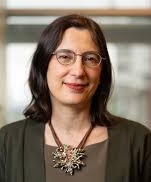
Valeria Molinero
University of Utah
Prof. Valeria Molinero uses computer simulations, statistical mechanics and develop novel models to investigate the interplay between microscopic structure, dynamics and phase transformations in disordered materials.
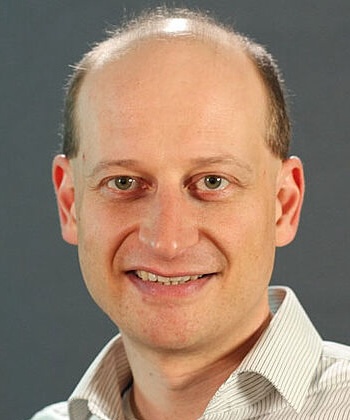
Markus Mezger
Vienna University
Prof. Markus Mezger is a Senior Scientist at the Faculty Center for Nano Structure Research, University of Vienna (2008 PhD in physics from University of Stuttgart, 2010 Group leader at the Max Planck Institute for Polymer Research, 2013 Junior Professor of Physics at the University of Mainz). His research interests are on the structure of water and complex electrolytes at surfaces and near interfaces.
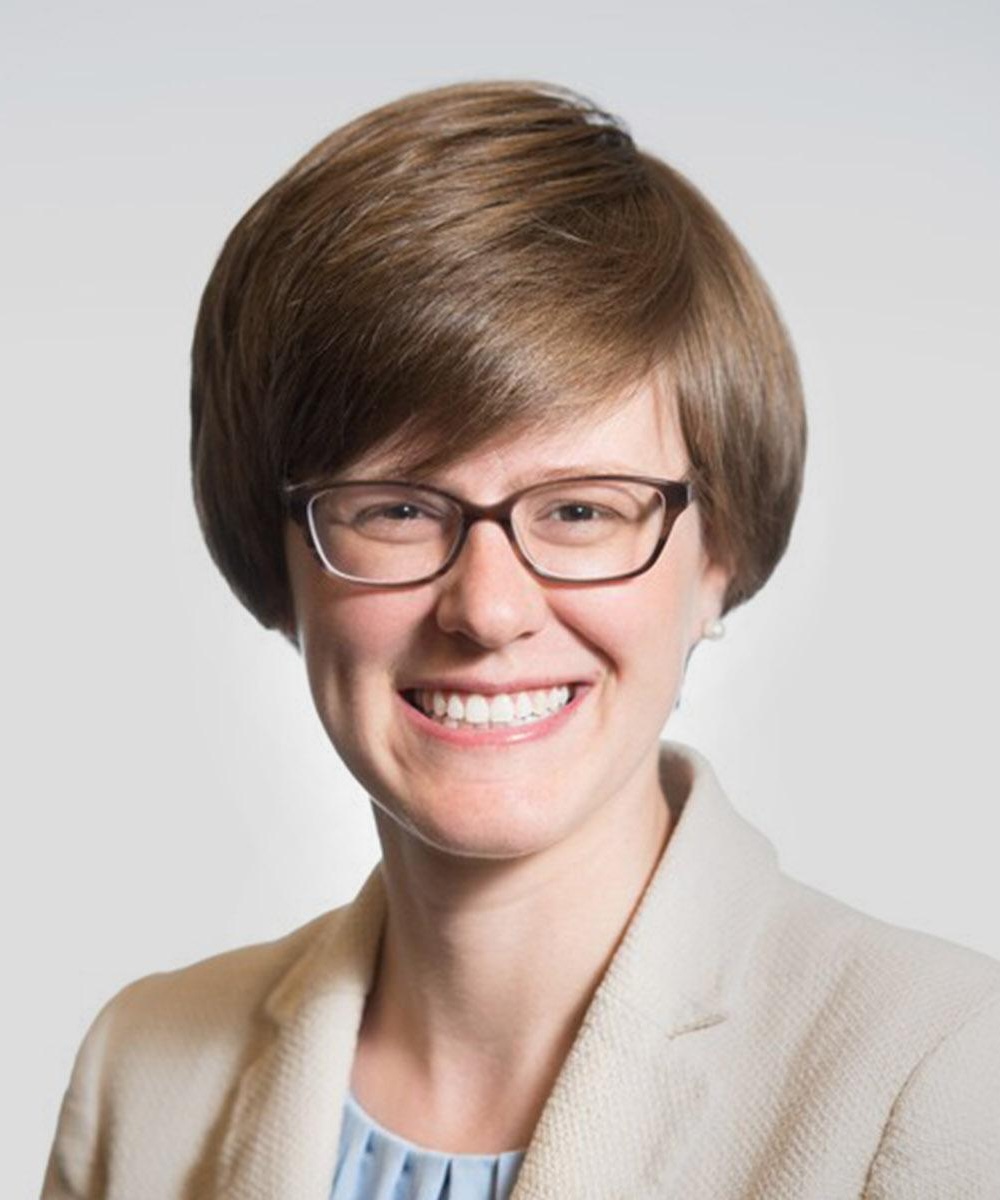
Susannah Burrows
Pacific Northwest National Laboratory
Dr. Susannah Burrows is an atmospheric modeler whose research interests center on atmospheric aerosols, including their sources, chemistry, and interactions with clouds and climate. A major focus of Dr. Burrows’ research has been the impact of biological and biogenic particles on populations of ice-nucleating particles, or INPs, in the atmosphere.
Ken-ichiro Murata
Hokkaido University
Dr. Ken-ichiro Murata is an Assistant Professor at the Institute of Low Temperature Science, Hokkaido University. His research mainly focuses on surface and interfacial phenomena of ice crystals such as crystal growth (from melt and vapor) and surface melting. He is also interested in the development of in-situ observation techniques, including advanced optical microscopy.